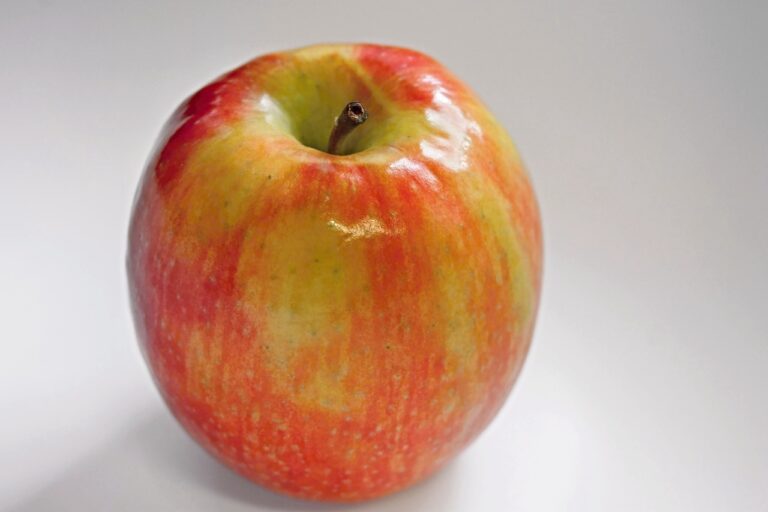The Importance of Equipment Maintenance in Institutional Kitchens: Goldbet.com registration, Tiger exchange login, Betbook247
goldbet.com registration, tiger exchange login, betbook247: Institutional kitchens play a crucial role in feeding large numbers of people efficiently and safely. Whether it’s a school cafeteria, hospital kitchen, or a restaurant, these kitchens rely heavily on equipment to maintain operations. From ovens and refrigerators to food processors and dishwashers, each piece of equipment plays a vital role in ensuring that meals are prepared and served in a timely manner. However, like any other machinery, kitchen equipment requires regular maintenance to function optimally. In this article, we will explore the importance of equipment maintenance in institutional kitchens and how it can impact the overall efficiency and safety of the kitchen operations.
Why is Equipment Maintenance Important?
1. Ensures Safety: Regular maintenance of kitchen equipment is essential to prevent accidents and injuries. Faulty equipment can pose serious risks to kitchen staff and customers, such as burns from malfunctioning ovens or slips from leaking refrigerators. By conducting regular inspections and repairs, kitchen managers can create a safe working environment for their staff and ensure that the food served is safe for consumption.
2. Extends Equipment Lifespan: Proper maintenance can significantly extend the lifespan of kitchen equipment. Regular cleaning, lubrication, and calibration can prevent wear and tear, reducing the need for costly repairs or replacements. By investing in routine maintenance, kitchen managers can protect their investment and avoid unexpected downtime due to equipment failure.
3. Improves Efficiency: Well-maintained equipment operates more efficiently, leading to faster food preparation and service. For example, a well-maintained oven will cook food evenly and quickly, allowing staff to keep up with the demands of a busy kitchen. By ensuring that equipment is running at peak performance, kitchen managers can increase productivity and reduce wait times for customers.
4. Saves Money: While it may seem like an added expense, regular equipment maintenance can actually save money in the long run. By identifying and addressing issues early on, kitchen managers can prevent small problems from turning into costly repairs. Additionally, efficient equipment consumes less energy, lowering utility costs and increasing overall savings for the kitchen.
5. Ensures Compliance: Institutional kitchens are subject to strict health and safety regulations, which require equipment to be properly maintained and in good working condition. Failure to comply with these regulations can result in fines, closures, or even legal action. By staying on top of maintenance schedules and documentation, kitchen managers can demonstrate their commitment to food safety and compliance with industry standards.
6. Boosts Reputation: A well-maintained kitchen sends a positive message to customers about the quality of the food and service. By investing in equipment maintenance, kitchen managers can build trust with their customers and earn a reputation for cleanliness and professionalism. Customers are more likely to return to a kitchen that takes pride in its operations and values safety and quality.
How to Maintain Kitchen Equipment?
1. Create a Maintenance Schedule: Develop a maintenance schedule for each piece of kitchen equipment, including regular inspections, cleanings, and repairs. Assign responsibilities to specific staff members and keep detailed records of maintenance activities to track progress and identify trends over time.
2. Train Staff: Provide training to kitchen staff on how to properly use and care for equipment. Teach them how to identify signs of wear and tear, conduct basic maintenance tasks, and report any issues to management promptly. Empowering staff to take ownership of equipment maintenance can help prevent problems before they escalate.
3. Clean Regularly: Regular cleaning is essential to prevent buildup of grease, grime, and bacteria on kitchen equipment. Use appropriate cleaning products and follow manufacturer guidelines for best results. Clean each piece of equipment thoroughly after each use to maintain hygiene standards and prolong its lifespan.
4. Inspect for Wear and Tear: Conduct regular inspections of kitchen equipment to identify any signs of wear and tear. Look for loose parts, frayed cords, leaks, or unusual noises that may indicate a problem. Address issues promptly to avoid further damage and ensure the safety of staff and customers.
5. Schedule Professional Maintenance: In addition to regular upkeep, schedule periodic maintenance by qualified technicians to assess the condition of kitchen equipment and perform necessary repairs. Professional maintenance can identify hidden issues, calibrate equipment for optimal performance, and extend the lifespan of expensive machinery.
6. Replace Parts as Needed: Over time, parts of kitchen equipment may wear out or become obsolete. Keep an inventory of spare parts and replace them as needed to prevent downtime and maintain efficiency. Invest in high-quality replacement parts to ensure compatibility and reliability.
7. Monitor Energy Consumption: Keep track of energy consumption for each piece of kitchen equipment and identify opportunities for improvement. Energy-efficient equipment can lower utility costs and reduce the kitchen’s environmental footprint. Consider upgrading to energy-efficient models or implementing smart technologies to optimize performance.
FAQs
Q: How often should kitchen equipment be maintained?
A: Kitchen equipment should be maintained regularly, with some items needing daily or weekly upkeep and others requiring monthly or annual maintenance. Consult the manufacturer’s guidelines for specific recommendations on maintenance schedules.
Q: What are some common signs that kitchen equipment needs servicing?
A: Signs that kitchen equipment may need servicing include unusual noises, leaks, erratic behavior, overheating, or visible wear and tear. If you notice any of these issues, it’s important to address them promptly to prevent further damage.
Q: Can I perform maintenance on kitchen equipment myself?
A: While basic maintenance tasks such as cleaning and routine inspections can be performed by kitchen staff, more complex repairs or technical issues should be handled by qualified technicians. Attempting to repair equipment without the proper expertise can lead to further damage or injury.
Q: How can I ensure that my kitchen equipment meets safety standards?
A: To ensure that your kitchen equipment meets safety standards, conduct regular inspections, train staff on proper use and maintenance, follow manufacturer guidelines, and keep detailed records of maintenance activities. Compliance with health and safety regulations is essential to protect staff and customers.
In conclusion, equipment maintenance is a critical aspect of running a successful institutional kitchen. By investing time and resources into regular upkeep, kitchen managers can ensure the safety, efficiency, and longevity of their equipment. Not only does proper maintenance save money in the long run, but it also enhances the kitchen’s reputation and customer satisfaction. By following best practices and staying proactive, kitchen managers can create a safe and productive environment for their staff and customers alike.







